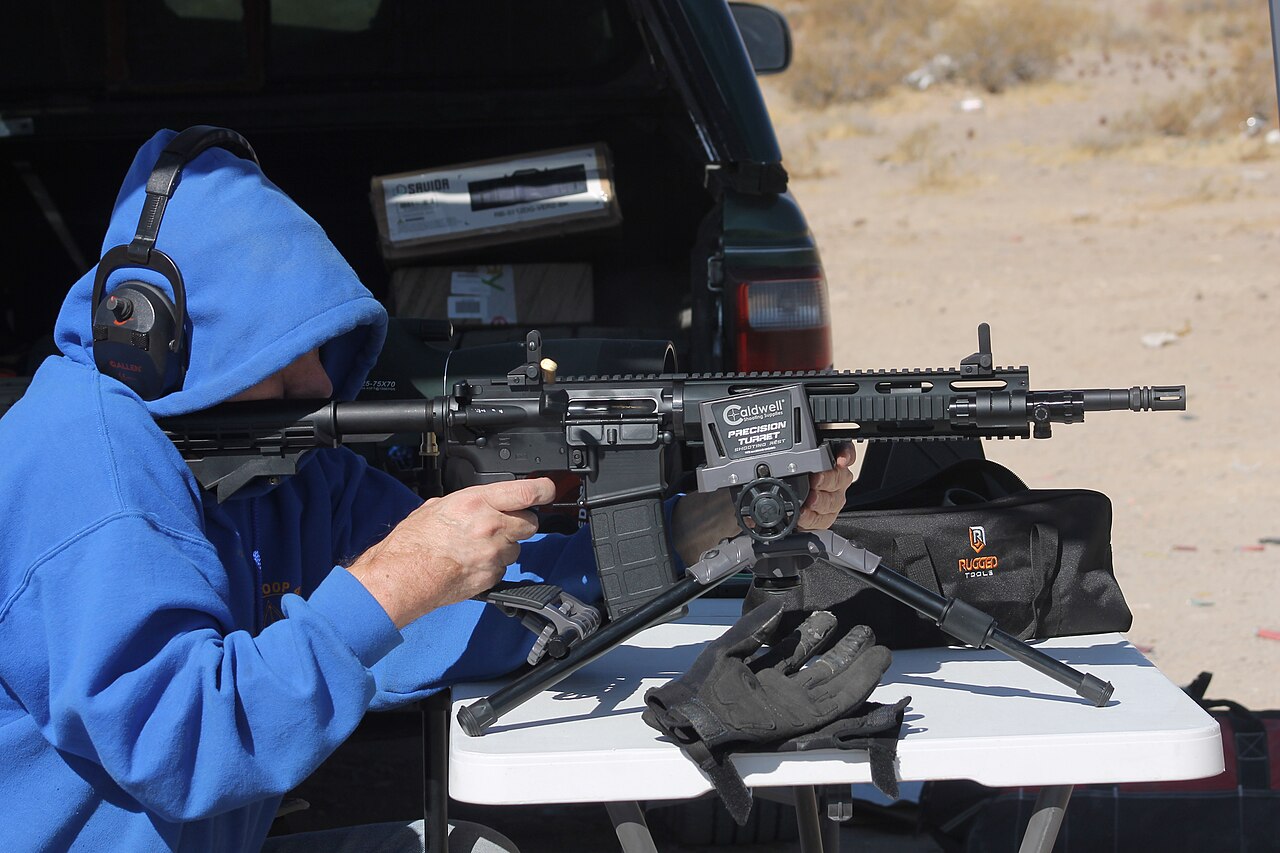California Democrats gut bill making it felony to solicit child prostitutes
California Democrats have decided to significantly reduce a legislative bill (Assembly Bill 379) intended to make it a felony to solicit minors for sex. Despite support from governor Gavin Newsom and Lieutenant Governor Eleni Kounalakis, the bill was altered by Democratic legislators, who removed the provision that would criminalize the purchasing of sex from minors aged 16 and 17. This bill aimed to address existing loopholes from a prior law (Senate Bill 1414) that had already limited felony charges concerning juvenile prostitution.
The pushback against the bill’s amendments emerged from national outrage, alongside advocacy from Krell and others, advocating for stronger protections against child exploitation. Assembly Public Safety Chairman Nick Schultz opted to hold informational hearings instead of restoring the original bill provisions. In a contentious Assembly floor debate, outspoken claims were made by both sides regarding the impacts of decriminalization on sex trafficking and the broader implications for civil rights within the LGBTQ community. Sacramento Sheriff Jim Cooper criticized the legislative changes, citing ongoing cases of juvenile sex trafficking in his department, arguing that the legislators’ decisions normalized the exploitation of children.
California Democrats gut bill making it a felony to solicit child prostitutes
California Democratic legislators gutted a bill that would have made it a felony to solicit any children for sex, despite support for the measure from Gov. Gavin Newsom (D-CA) and Lt. Gov. Eleni Kounalakis.
Assembly Bill 379, a bipartisan bill from Assemblywoman Maggy Krell and state Sen. Shannon Grove, would have closed the loopholes left open by the forced amendments to Grove’s Senate Bill 1414, which passed last year and made it a felony to pay all minors for sex except for those 16 and 17 years old.
National outrage on the bill’s near-shelving put the bill back onto the legislative schedule, and led Newsom and Kounalakis to come out in support of the bill’s existing provisions.
However, Assembly Public Safety Chairman Nick Schultz has instead opted “to host info hearings on the issue in the fall” as Democratic legislators voted to forcefully gut the bill against Krell’s wishes to remove the provision making it a felony to purchase sex from all minors.
Republicans responded by proposing a “hostile” amendment to restore the provision, which Krell officially endorsed, saying she does not consider the restoration amendment “hostile” and would be voting to support it.
In one notable exchange on the Assembly floor session on AB 379, Assemblyman Mark Gonzalez took aim at Assemblyman Carl DeMaio for his support of making it a felony to buy sex from children.
“SB 357, which this bill is trying to fix, legalized loitering for the purpose of sex work and prostitution. Why? Because somehow it was spun as anti-LGBT to try and enforce laws against sex trafficking,” DeMaio said on the Assembly floor. “I will tell you as a gay Republican it is offensive, and a supermajority of the gay community disavow the LGBTQ caucus claiming that somehow this bill is anti-gay. It’s offensive to use the gay community as window dressing for sex trafficking.”
“What’s offensive is when you stand on this floor and call yourself gay, but yet you vote down the same civil rights for gay people every single day,” Gonzalez said.
SB 357 author state Sen. Scott Wiener argued at the time that decriminalization of loitering to commit prostitution “contributes to “discrimination on the basis of gender, race, class and perceived sex worker status — in particular, targeting Black women and members of the transgender community.”
Since SB 357 has come into law, vast swathes of urban areas in California have become open prostitution zones. In Los Angeles, a 40-block area of South Central is covered by hundreds of prostitutes, some charging as little as $40 for some acts, with “10 girls on the corner, condoms on the ground,” many of whom are minors, all in “broad daylight.”
Sacramento Sheriff Jim Cooper, who previously was a Democratic assemblyman, condemned the changes to the bill and cited his department’s high volume of cases regarding the sex trafficking of minors.
HOUSE VOTES TO AX CALIFORNIA PLAN TO BAN GAS CARS
“In my agency, we currently have 17 open cases of juveniles being trafficked for sex. This year, we have already rescued seven juveniles from the sex trade,” Cooper said. “They are currently getting sexually exploited, and the Legislature made a decision today that the exploitation of these children is acceptable collateral damage.”
" Conservative News Daily does not always share or support the views and opinions expressed here; they are just those of the writer."


